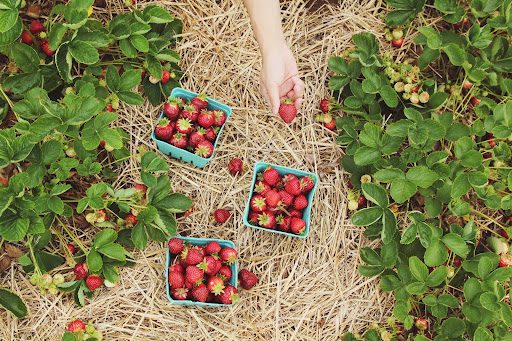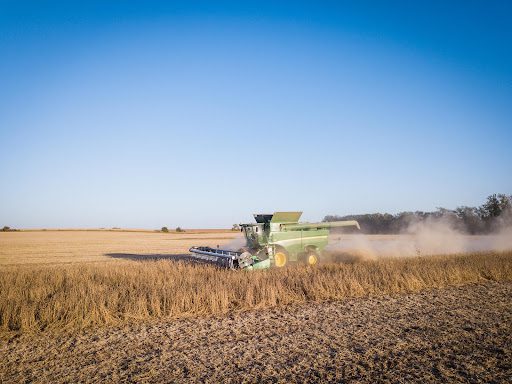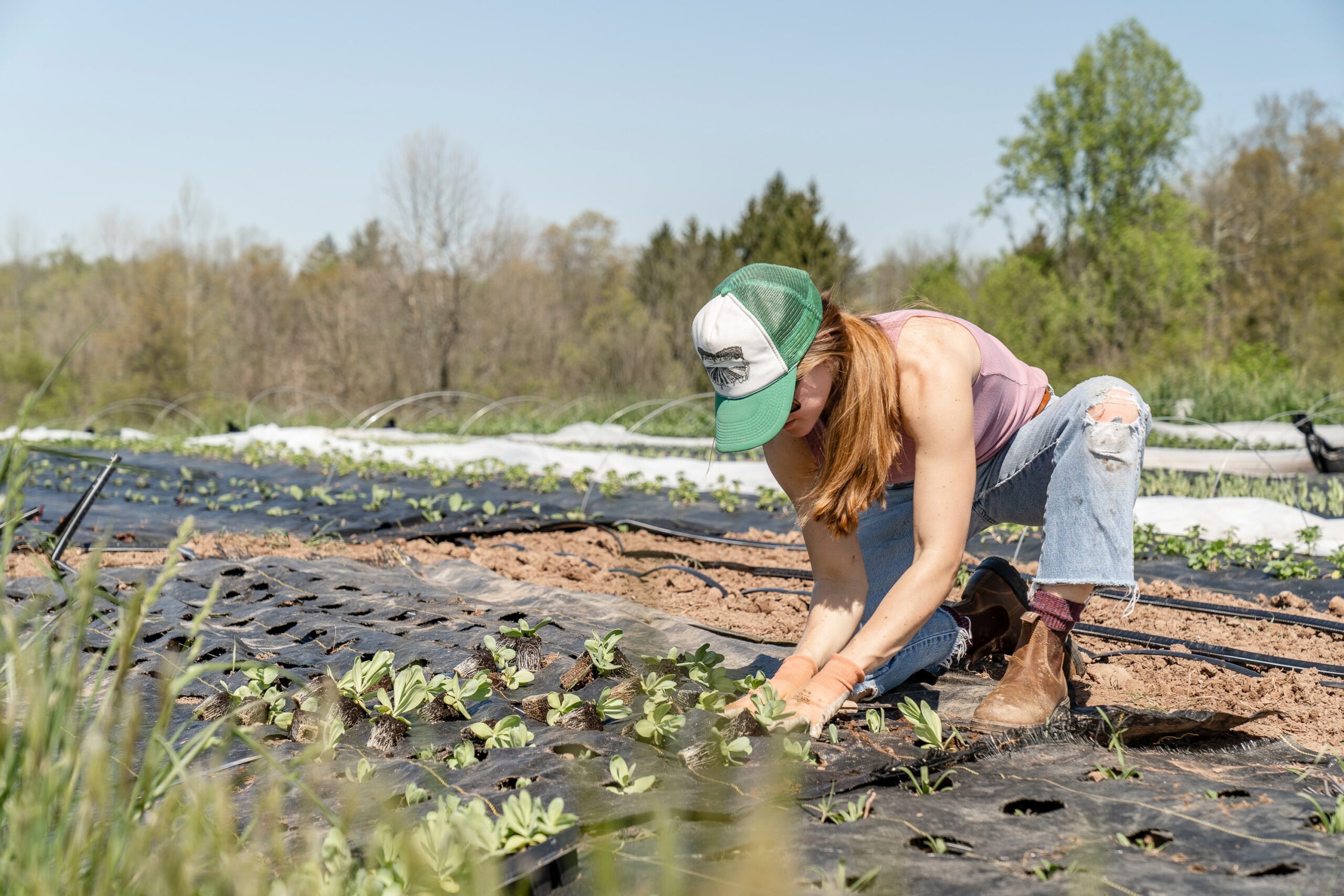Michelle and Rick Grosek enjoy stunning views of pristine fields and distant mountains every day on their family farm near Sturgis, South Dakota. And now, in addition to operating their farm, the couple welcomes visitors interested in learning about the land and what it’s like to work on an organic farm.
The Grosek’s farm, known as Bear Butte Gardens, is not the only farm in South Dakota that hosts travelers. Many farms, ranches, wineries, and other producers are opening their doors to travelers who are curious about where local food and beverages come from. Known as agritourism, the industry attracts visitors for the purpose of entertainment as well as education while generating an income for the agricultural grower.

Agriculture has long been part of South Dakota’s history and culture with 32,000 farms and four times more cattle than people. The state is also no stranger to tourism with travelers coming from all over the country to visit Mount Rushmore, the Badlands, and the Black Hills. In fact, agriculture and tourism are the two largest industries in the region.
“For us, it’s providing a location where customers that have an interest in small-scale farming can stop and actually have a conversation with the farmers themselves, the owners, and a lot of opportunities for education,” said Michelle Grosek, co-owner of Bear Butte Gardens.
To support the growing agritourism sector, the South Dakota tourism department teamed up with SD State University Extension on a two-year program called AgritourismSD. The program provides educational resources to agricultural businesses that want to host visitors. According to the program, agritourism can include overnight stays on farms and ranches, educational activities such as tours and demonstrations, and other events such as hunting, fishing, nature photography, horseback riding, and hiking.

Agritourism is also growing in other states, such as South Carolina where there’s an impressive 470 registered agritourism farms.
“Over the past several years, we’ve seen more South Carolina farms diversifying their operations by expanding into agritourism,” says Eva Moore with the SC Department of Agriculture. “Farming can be an uncertain business, but agritourism helps round out some of the risks by adding new sources of income. It’s also an opportunity for farmers to share their passion for local food, hard work, and the land.”
At Sassafrass Flower Farm, co-owner Sarah DuBose began hosting “u-pick” events last year for the general public. Participants can pick their own flowers and make their own local bouquets. The events have generated a sizable income for her business along with her weekly local farmer’s market booth.
“If it’s heading to Saturday Market to buy flowers or coming to the field to pick flowers on date night, we’re a whole lotta fun,” says DuBose. “Farm fresh flowers bring joy if you buy them for yourself or give them to someone else.”
Other unique farm experiences in South Carolina include Mushroom Mountain, an eco-destination offering workshops and certifications in addition to educational tours of the grounds. At Windy Hill Orchard and Cidery, you can pick local apples, enjoy fresh-pressed cider and donuts made on site as well as sip a hard cider at their seasonal bar. And Barefoot Acres Adventure Farm gives families an education in farming with a side of entertaining recreation in the form of ropes courses and ziplines.





